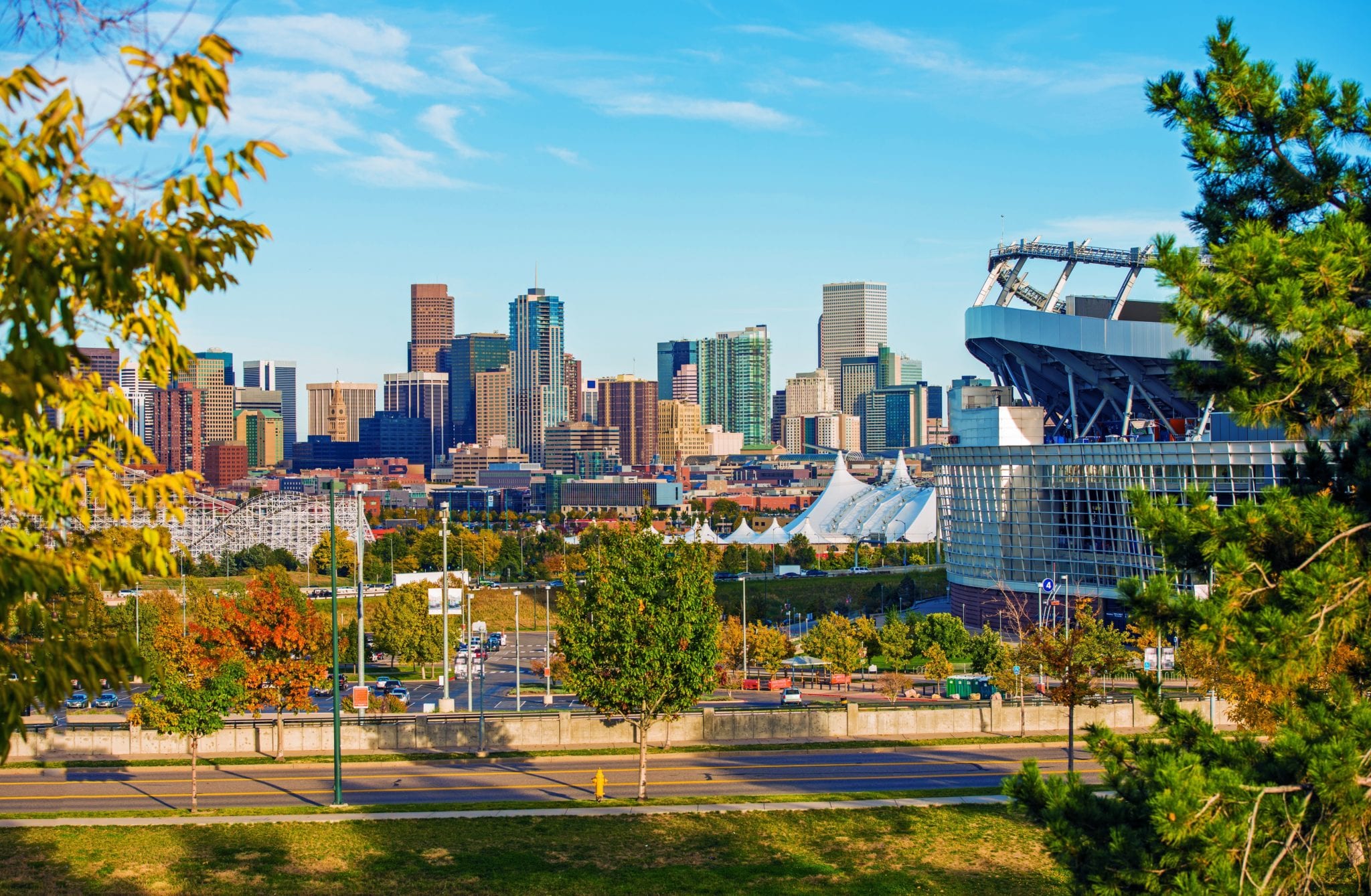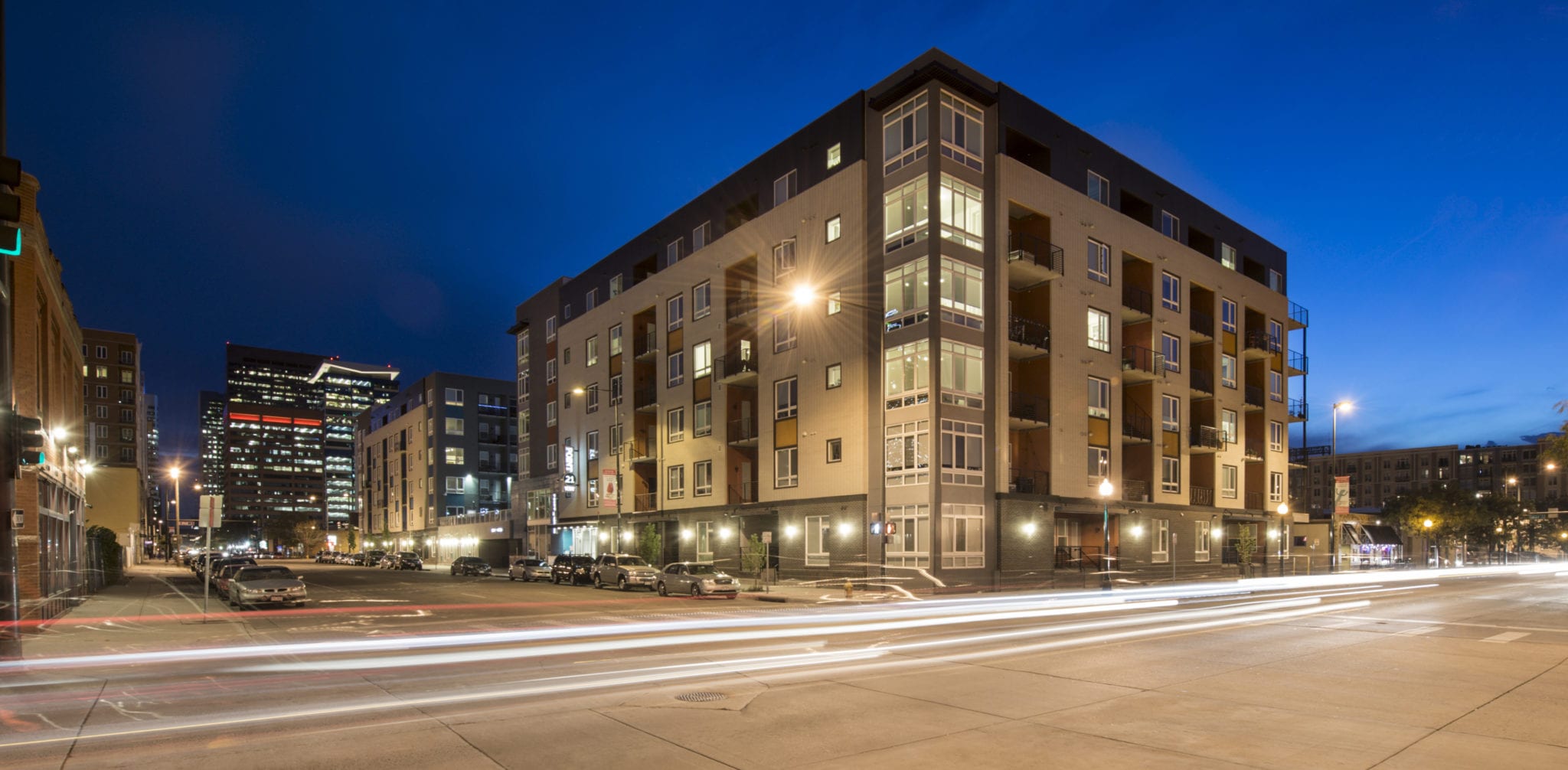
Survey reveals Denver renter expectations
Renting is hot! For some, it’s a lifestyle choice. For others, it’s a financial decision. Whatever the motivation, the rise of renting means the U.S. added 1.6 million new renters over the past five years. These renters, from millennials to baby boomers, are driving new development and raising the expectations of amenities and services. Some in the apartment industry might say it’s sparked an amenity war in search of the answer to the question: What do renters really want?
CREJ
February 12, 2016
Looking back: The architects and architecture that have influenced Colorado
Although most people are unaware of the degree to which architecture affects their lives, the built environment exerts a strong cultural influence on society, therefore shaping our values and determining the future.
CREJ
February 9, 2016
Diners clamor for more and more restaurant options
Restaurateurs have an appetite for Denver, evidenced by the fact that 235 new restaurants opened in the greater metro area in 2015, according to the Colorado Restaurant Association. In 2014, approximately 300 new restaurants opened. The numbers might seem staggering, but dining trends and our desire to eat out are not only keeping many of these restaurants in business, but also allowing many to flourish.
CREJ
January 30, 2016
Front Range retail shines in 2015, into 2016
Wow, 2015 was yet another strong year in the Denver retail market as the state continues to attract retailers from all over the nation. Our well-diversified economy, increase in population, almost record-low unemployment and increases in salaries contribute to the growth of Denver. It is the sixth fastest-growing city in the nation and the second-best city to start a new business, according to Forbes.
CREJ
January 29, 2016
New wood-frame codes allow for more flexibility
From the construction of tenements in the 1800s to the high-rise steel and concrete luxury residential towers built today, for-rent housing has come a long way. But one constant is the use of wood to build rental housing. Over the years, architects and engineers have pushed the limits of what wood can do, and the adoption of the 2015 International Building Code allows this to continue.
CREJ
January 26, 2016
Importance of well-designed, concentrated urban mixed-use projects
As Colorado’s Front Range population and urban density multiply, appealing locations and escalating land values demand creative and often complex development offerings. Returns on investment are enhanced by a synergistic combination of experiential activities or uses. The Crawford Hotel at Denver Union Station is an internationally recognized leader in urban mixed-use projects, having been awarded the 2015 Urban Land Institute Global Award for Excellence and the 2015 Colorado AIA Design Award for Built Architecture. It is a transformational project in the city of Denver that magnetizes urban activity. Our team’s design credo to produce “Denver’s Living Room” best describes the historic building’s role in downtown Denver now and in the future as the transportation hub spawns more armatures.
CREJ
January 26, 2016
Out-of-state buyers show affinity for Colorado
Purchasing an apartment building in Colorado has proven to be challenging due to the growing number of buyers lining up to acquire a limited number of available properties. For certain assets, it is not uncommon to receive upward of 20 offers.
CREJ
January 25, 2016
Pre-1990 construction cap rates closing the gap
The vitality and distinctiveness of the Denver economy are driving new businesses and households to relocate to the metro, propelling apartment demand at a rate greater than supply growth. Drawn by the strong job market and high quality of life, new residents boosted population growth in the last year to more than double the national average.
CREJ
January 25, 2016
Landlords, property managers: Beware of the ‘flip factor’
Many property managers are discovering that closing up an open-office floor plan after a tenant vacates the property can be challenging, especially if the original build-out was for a more traditional company. Open-plan characteristics can vary widely, but most consist of 12-foot ceilings (or higher); exposed ductwork; perimeter windows, if available; very low or no walls; and concrete slab or other hard-surface flooring. Throw in sprinkler realignment, suspended lighting, and a general aesthetic cleanup of excess wiring, old paint, dust and dirt, and the open plan bears virtually no resemblance to the
CREJ
January 15, 2016










